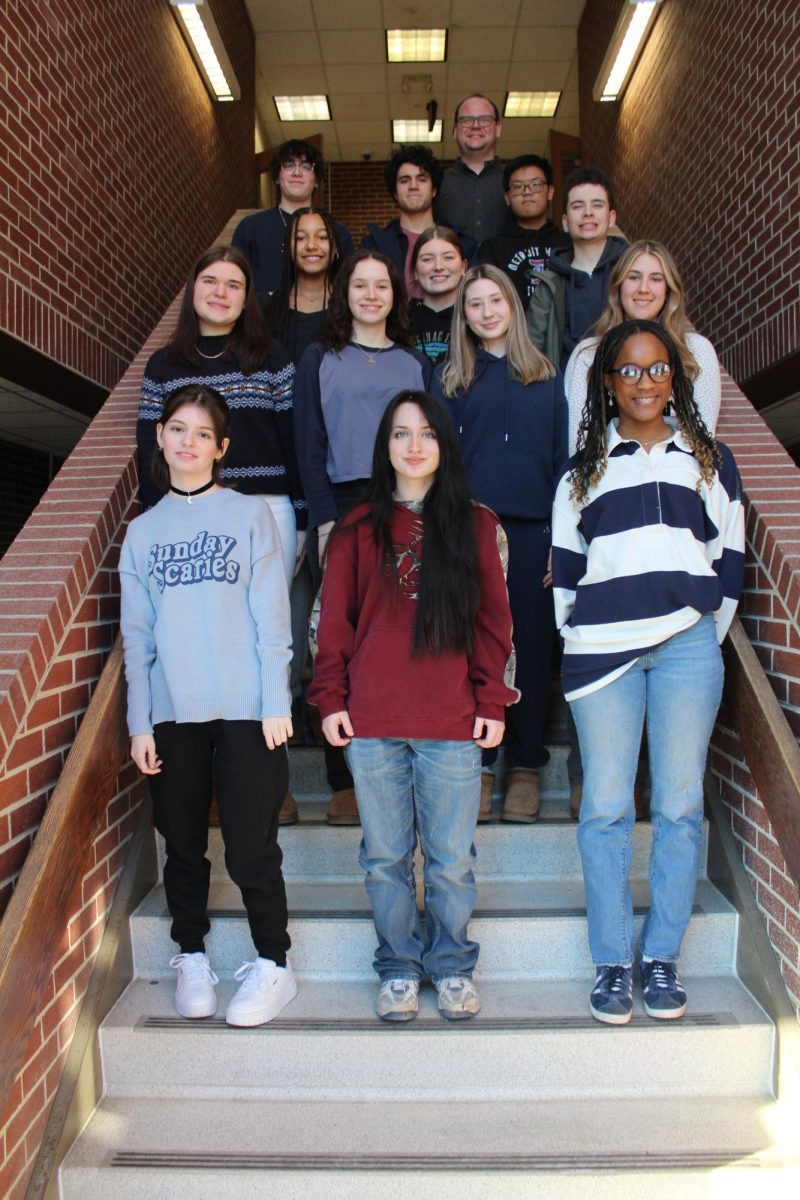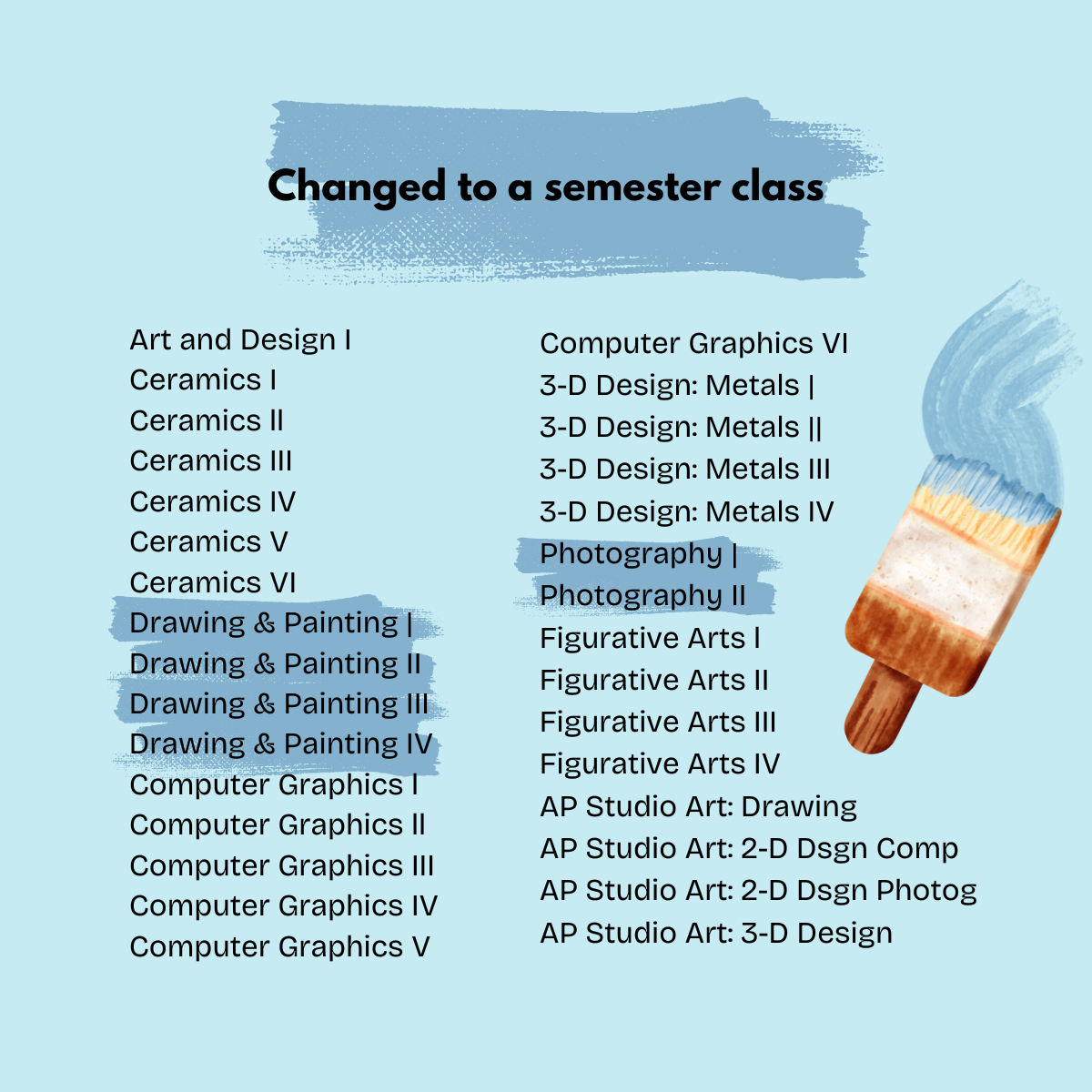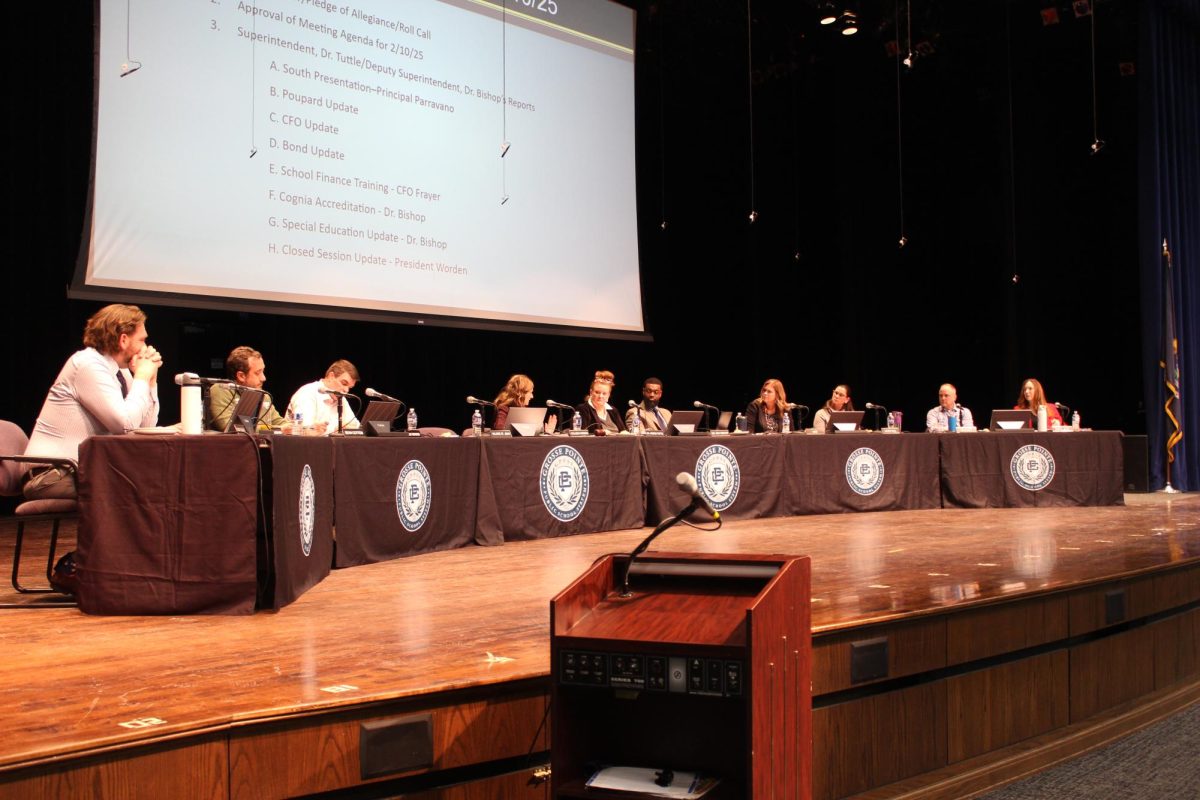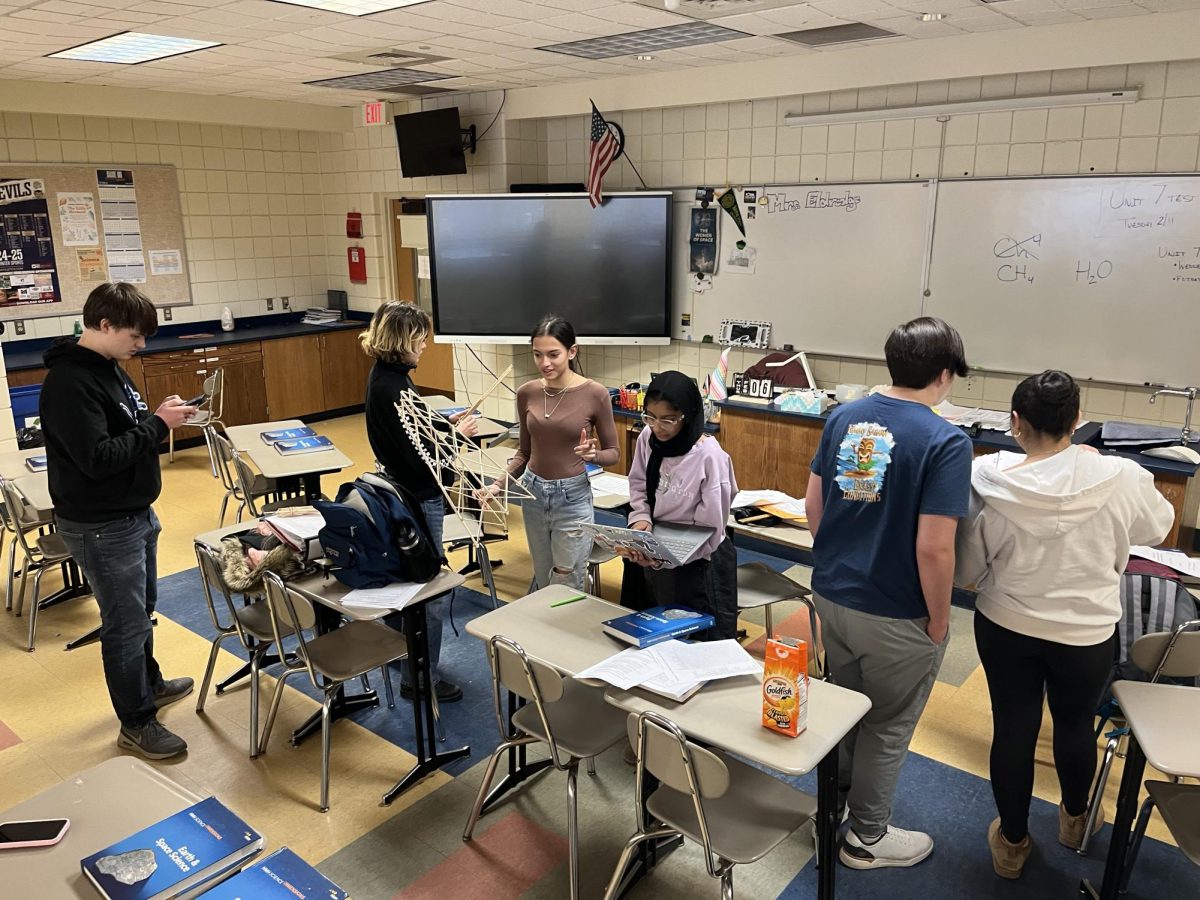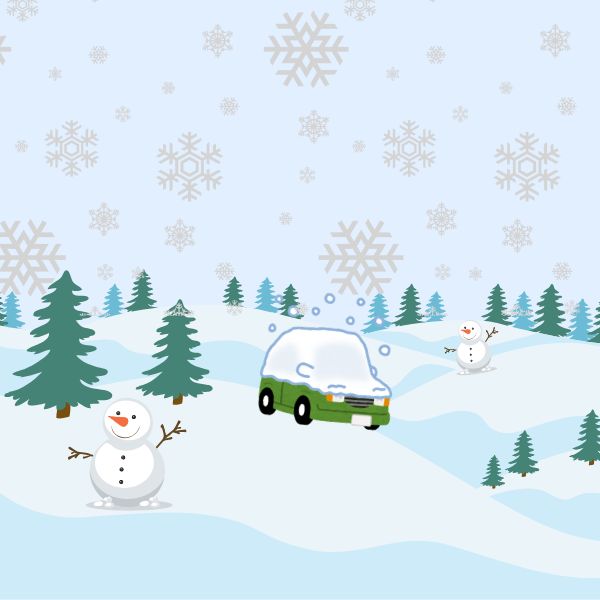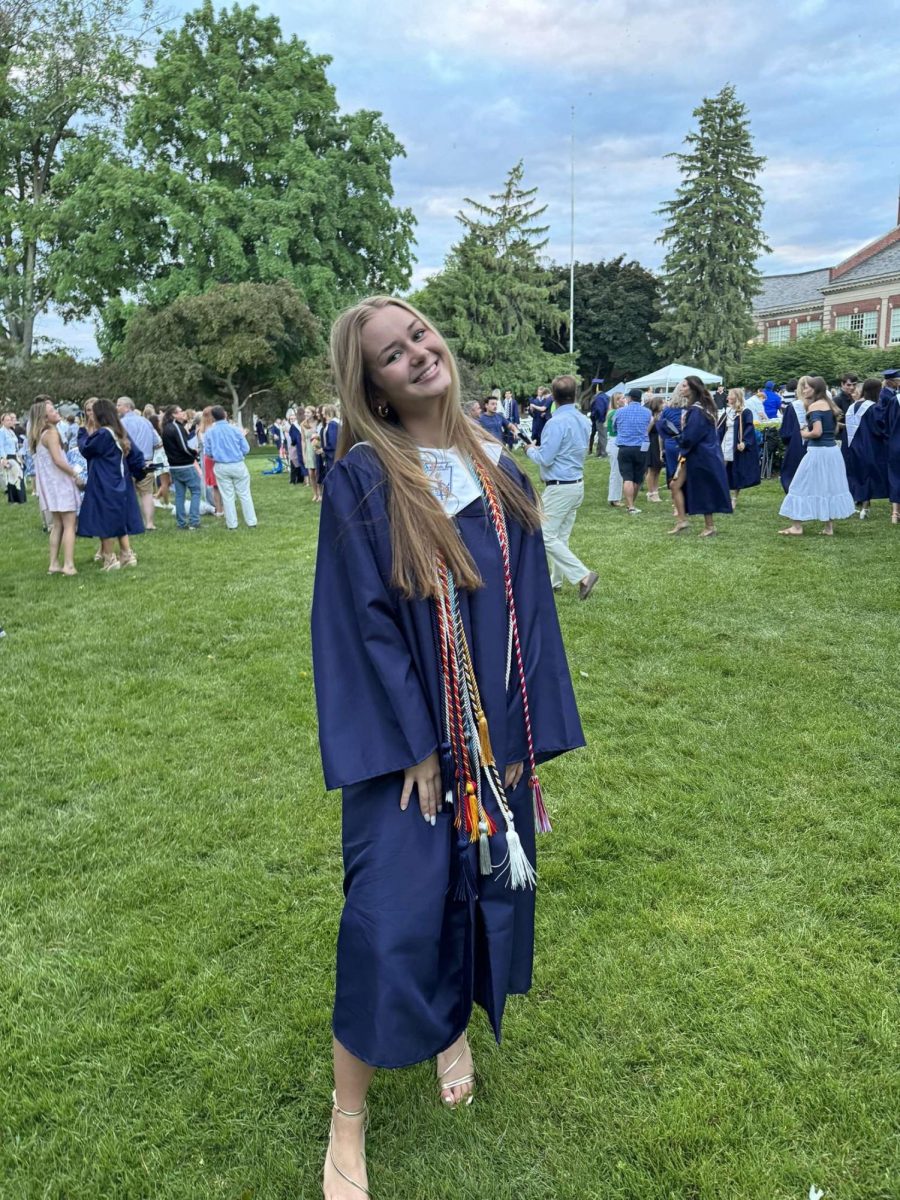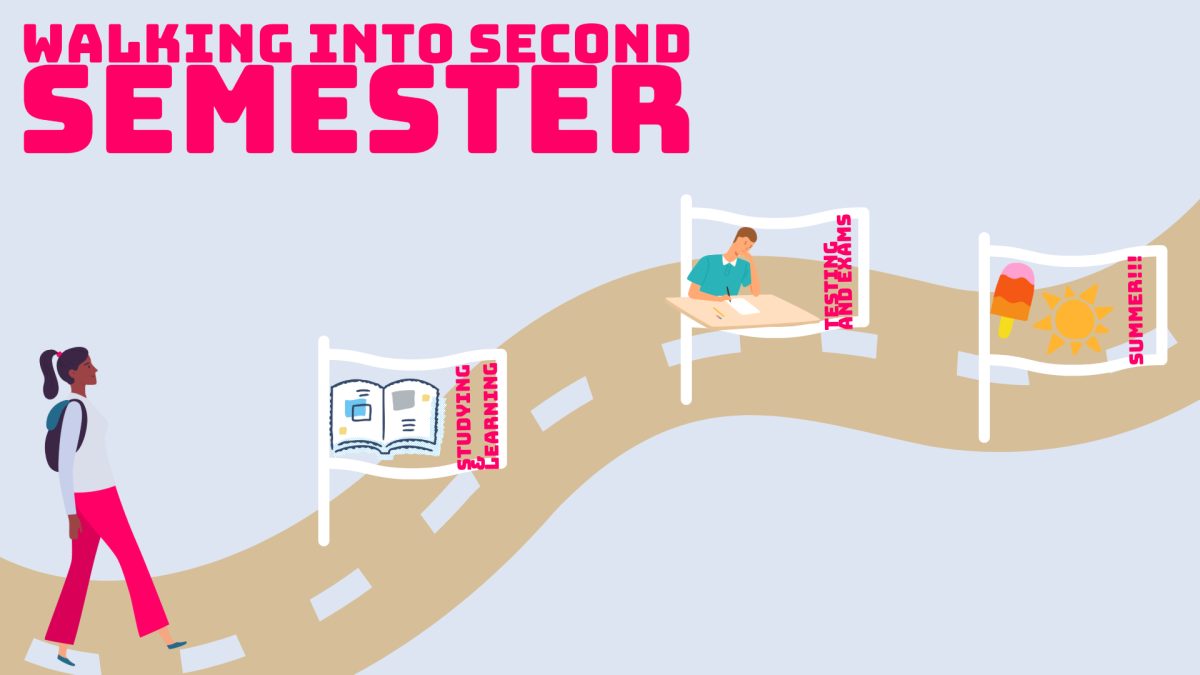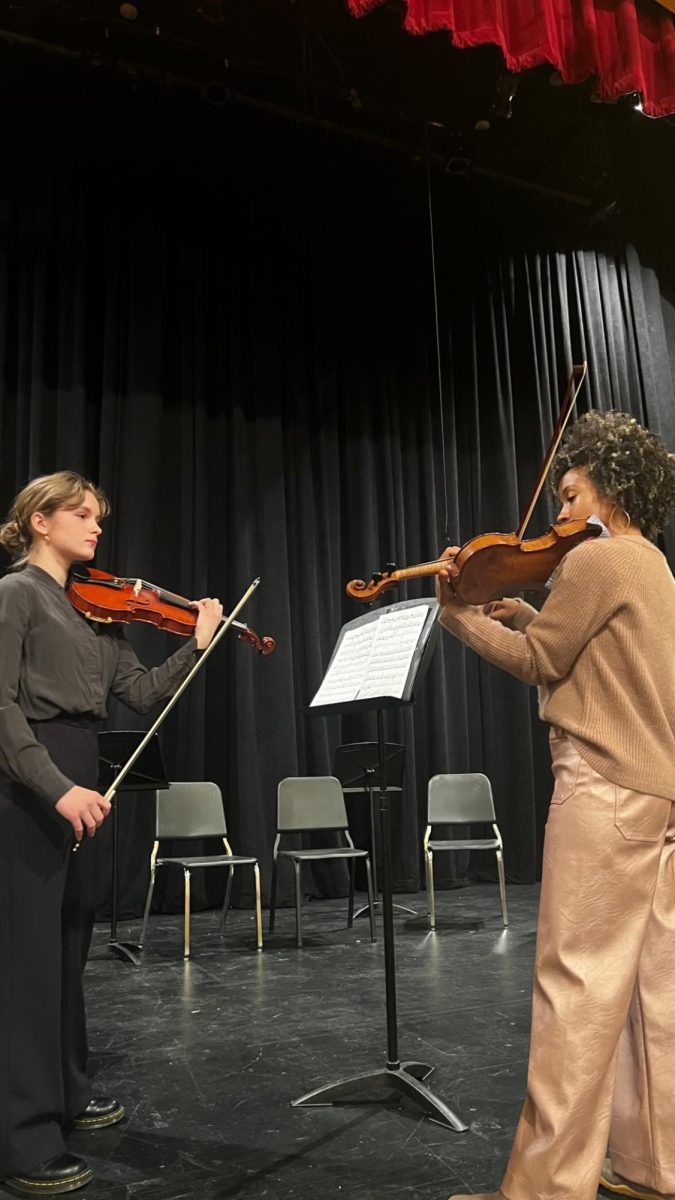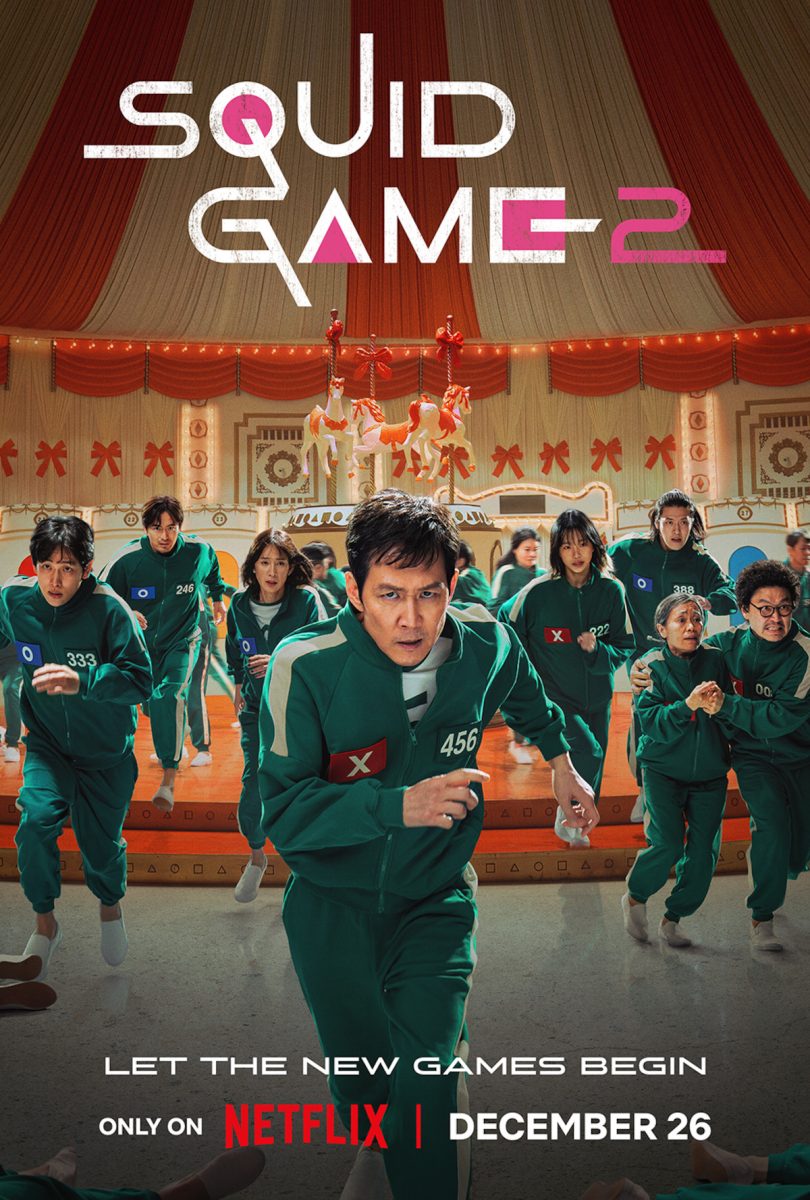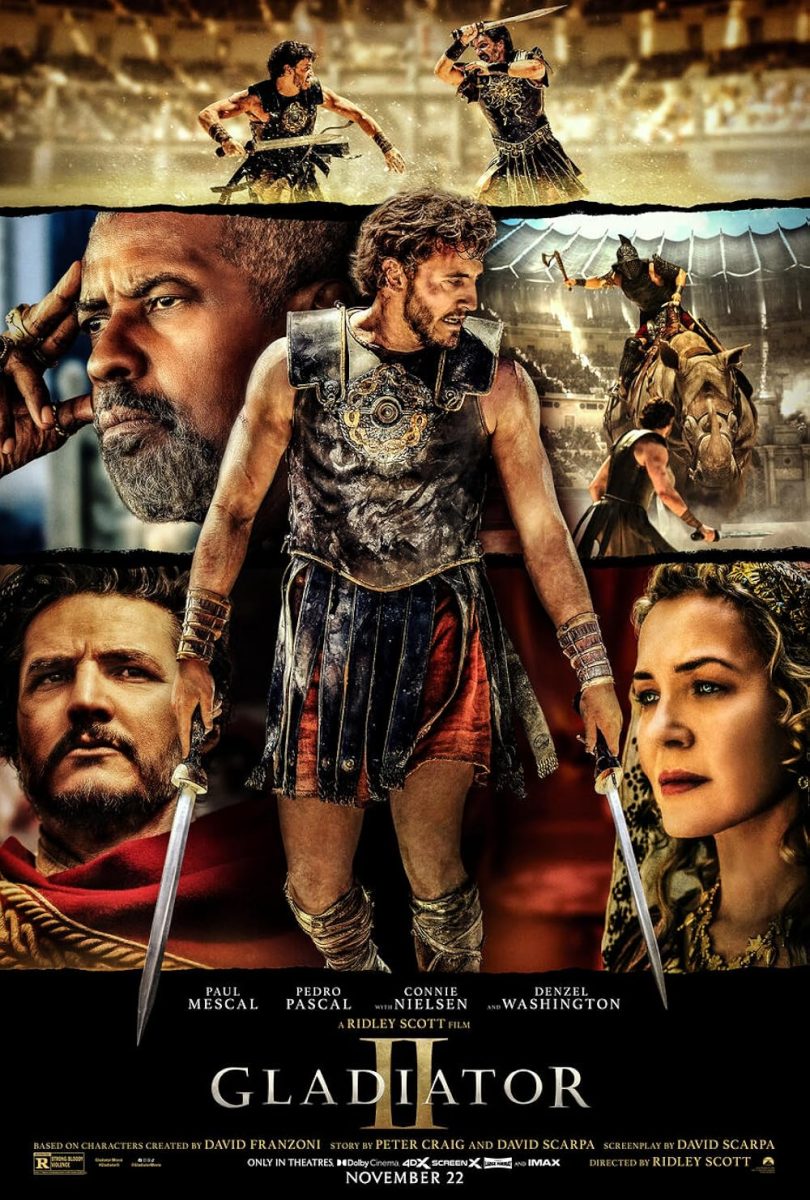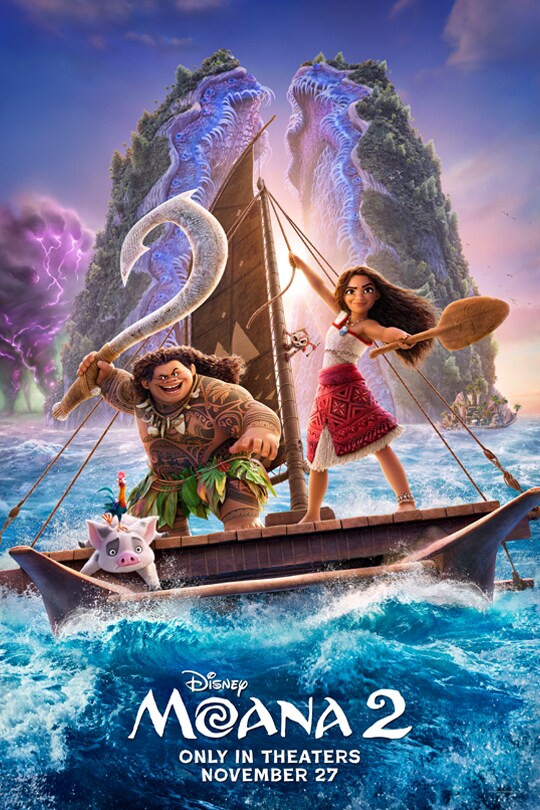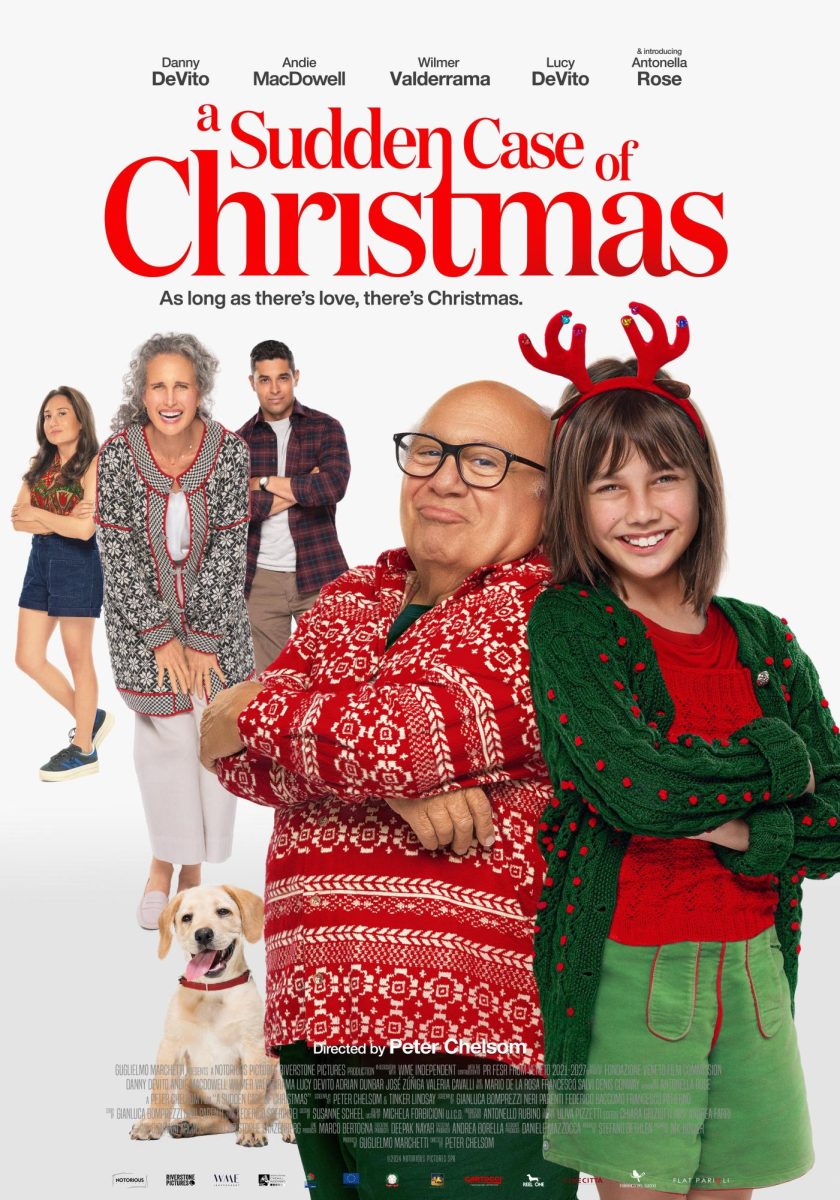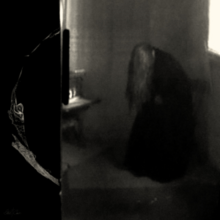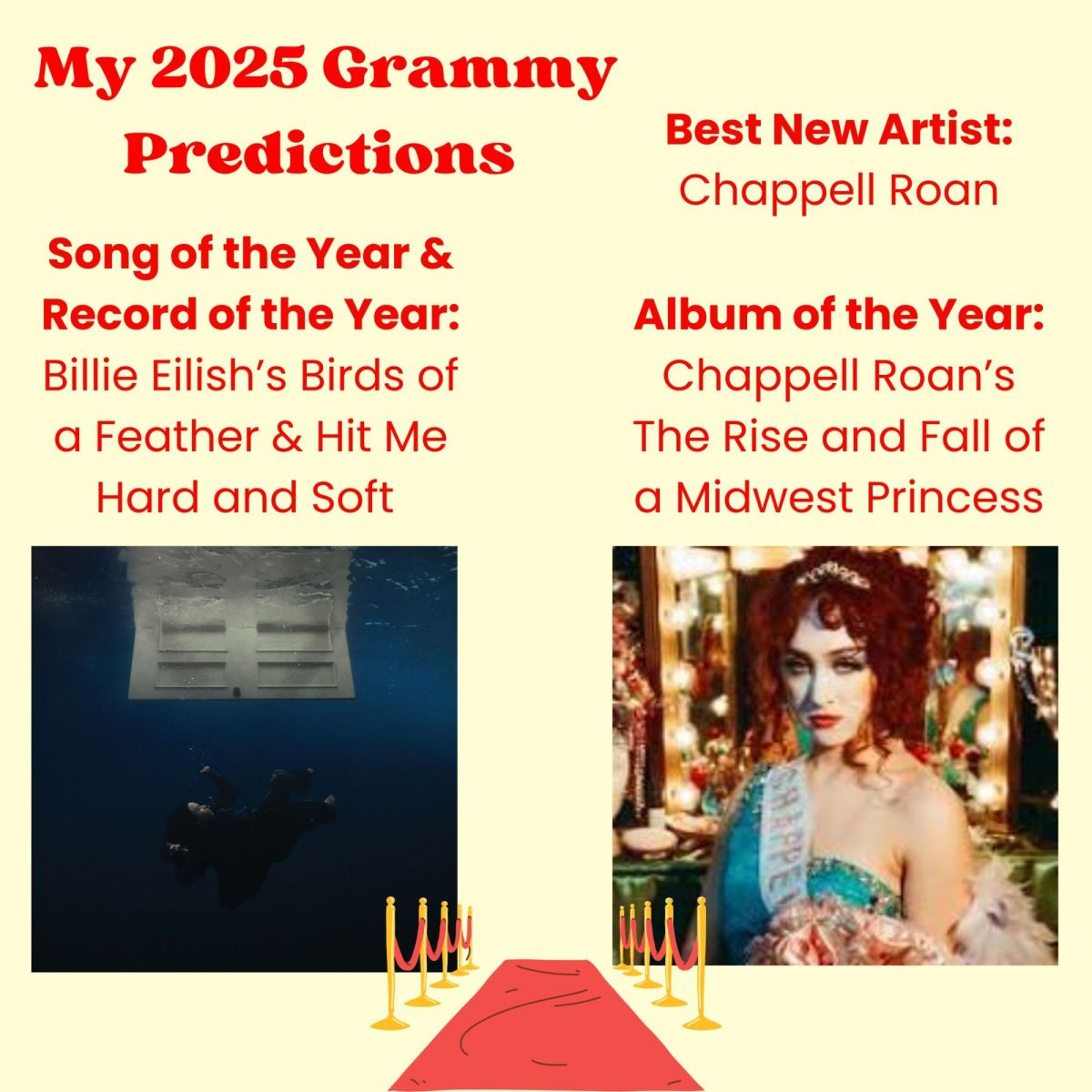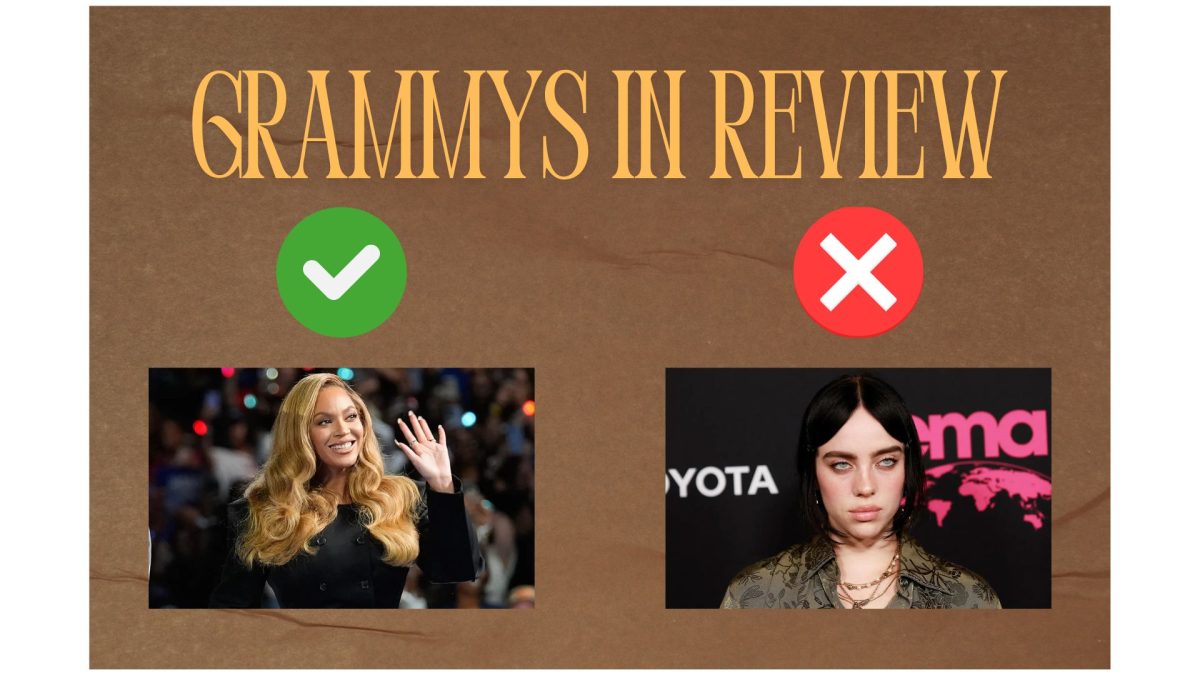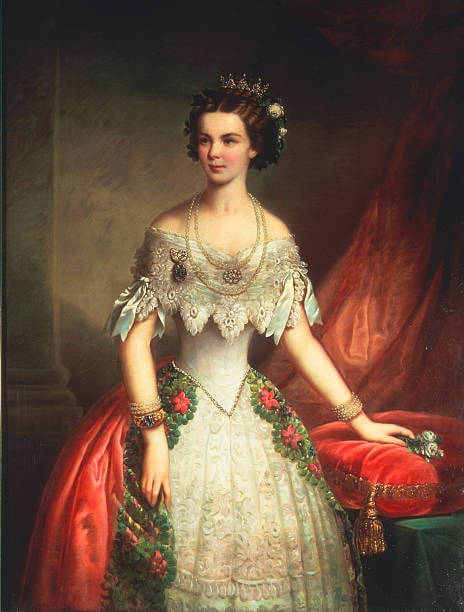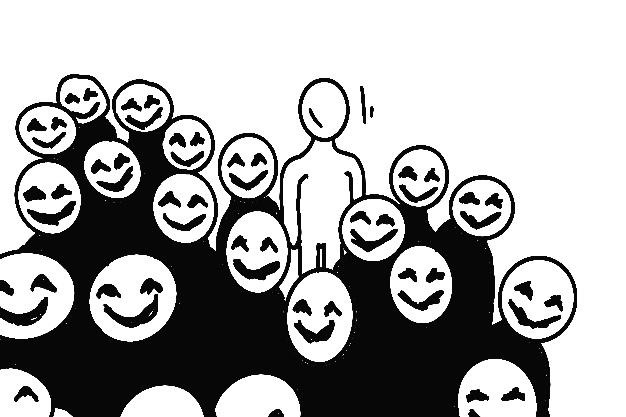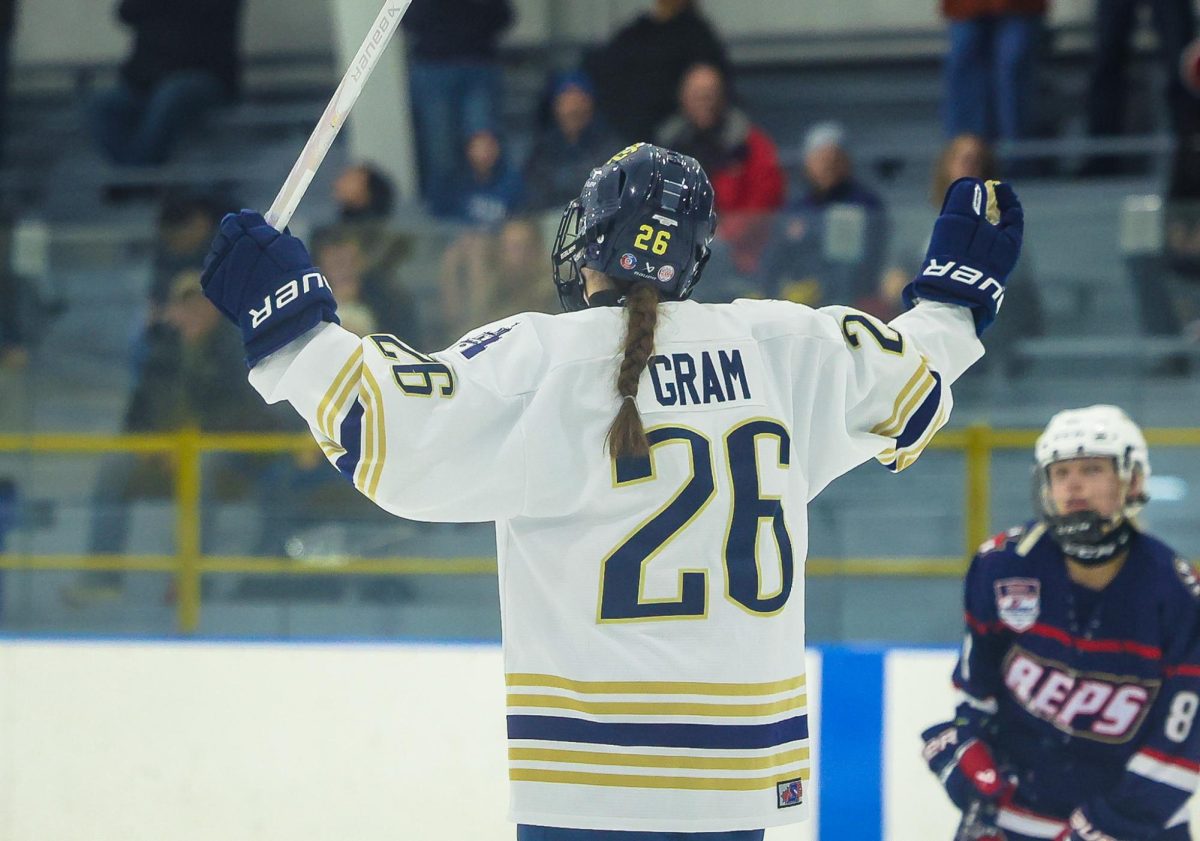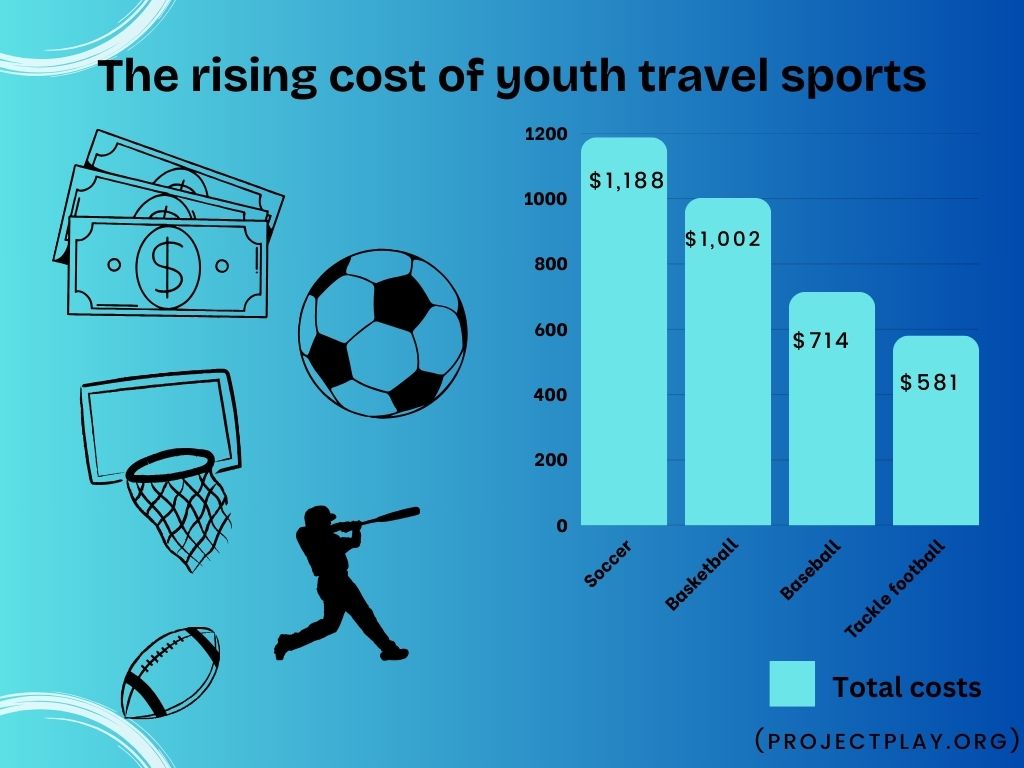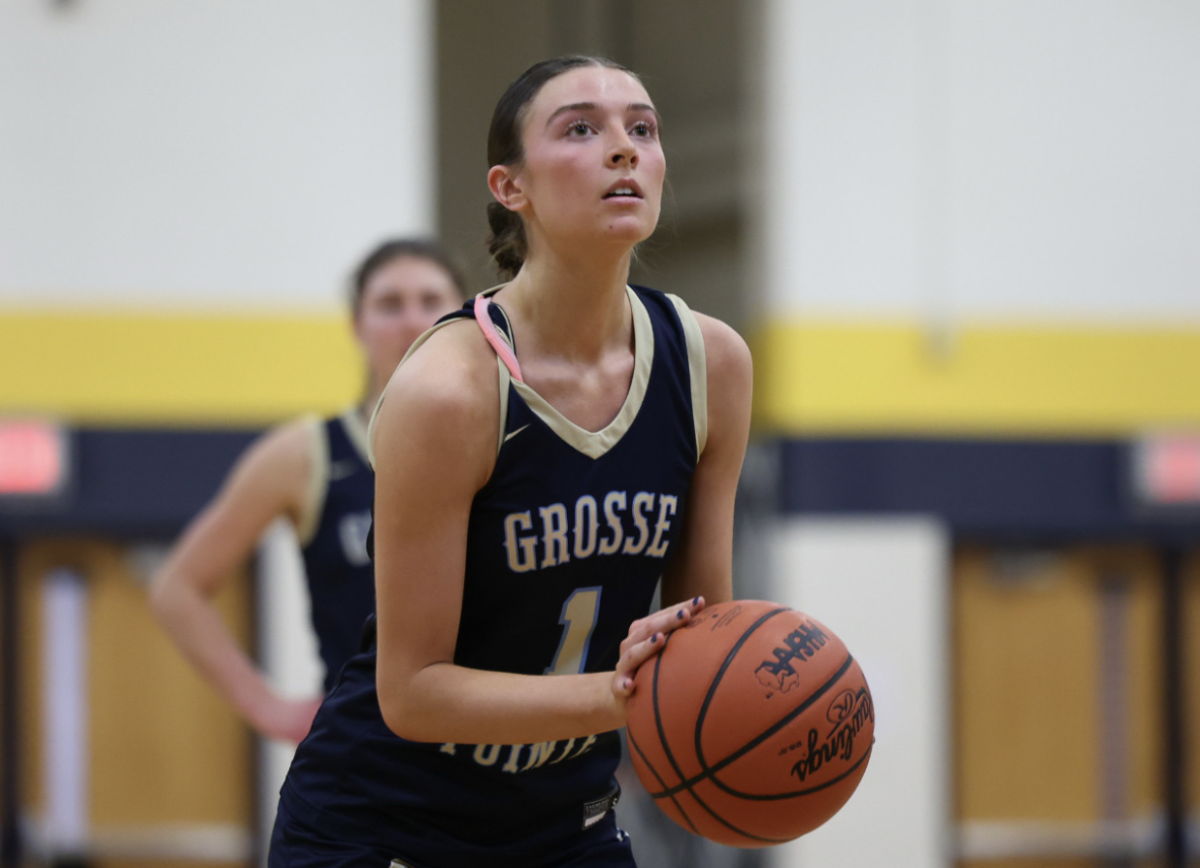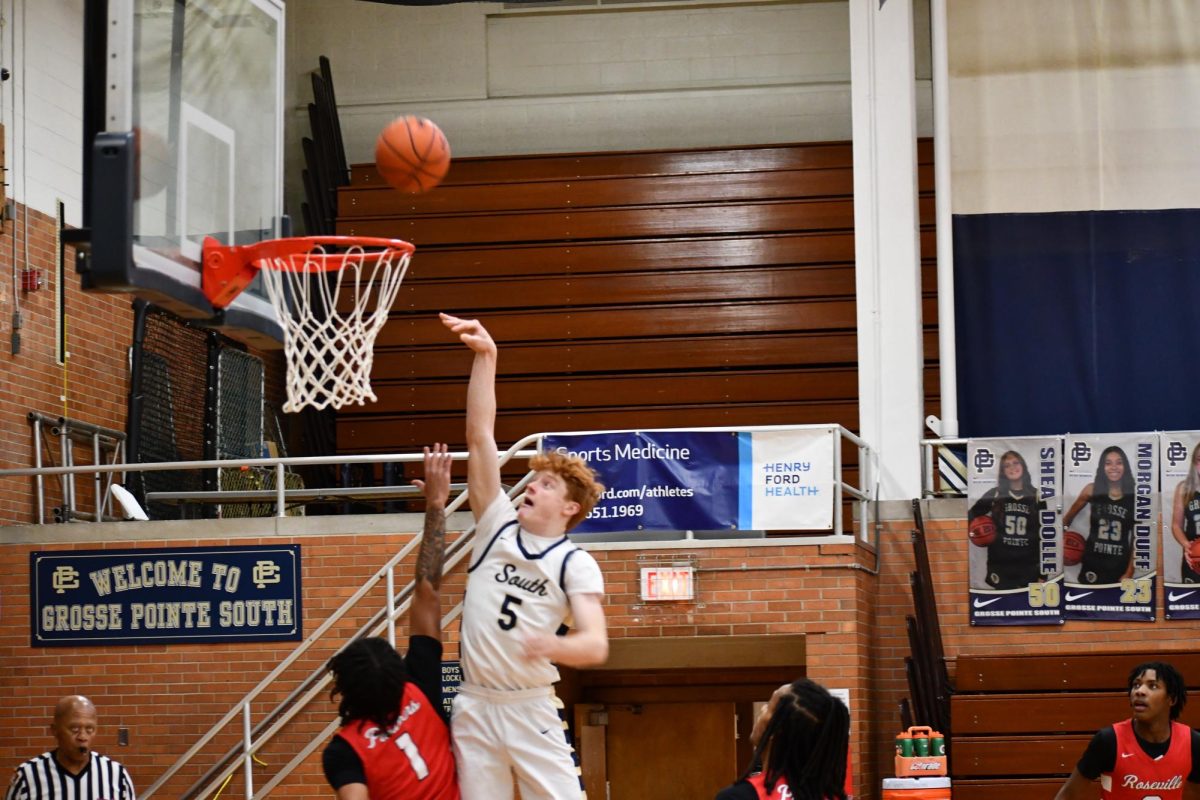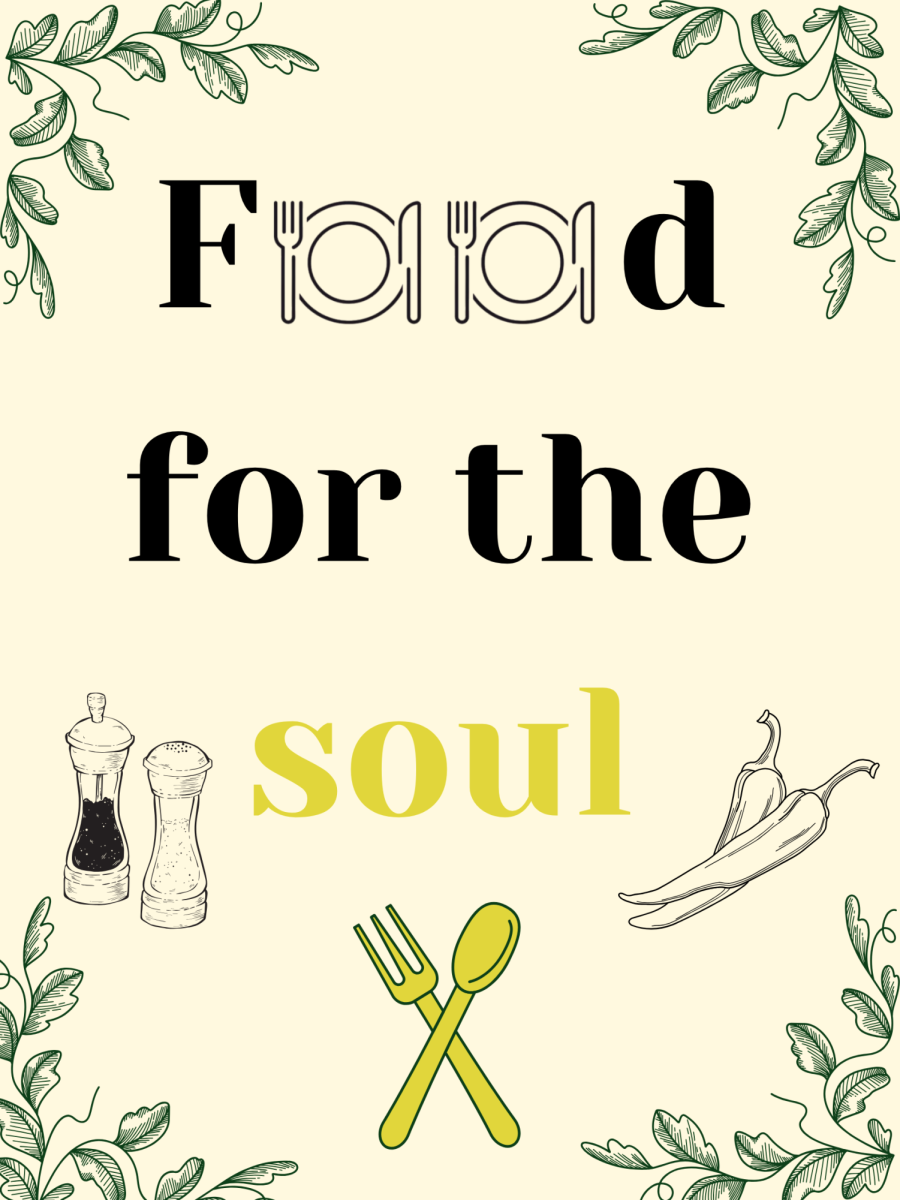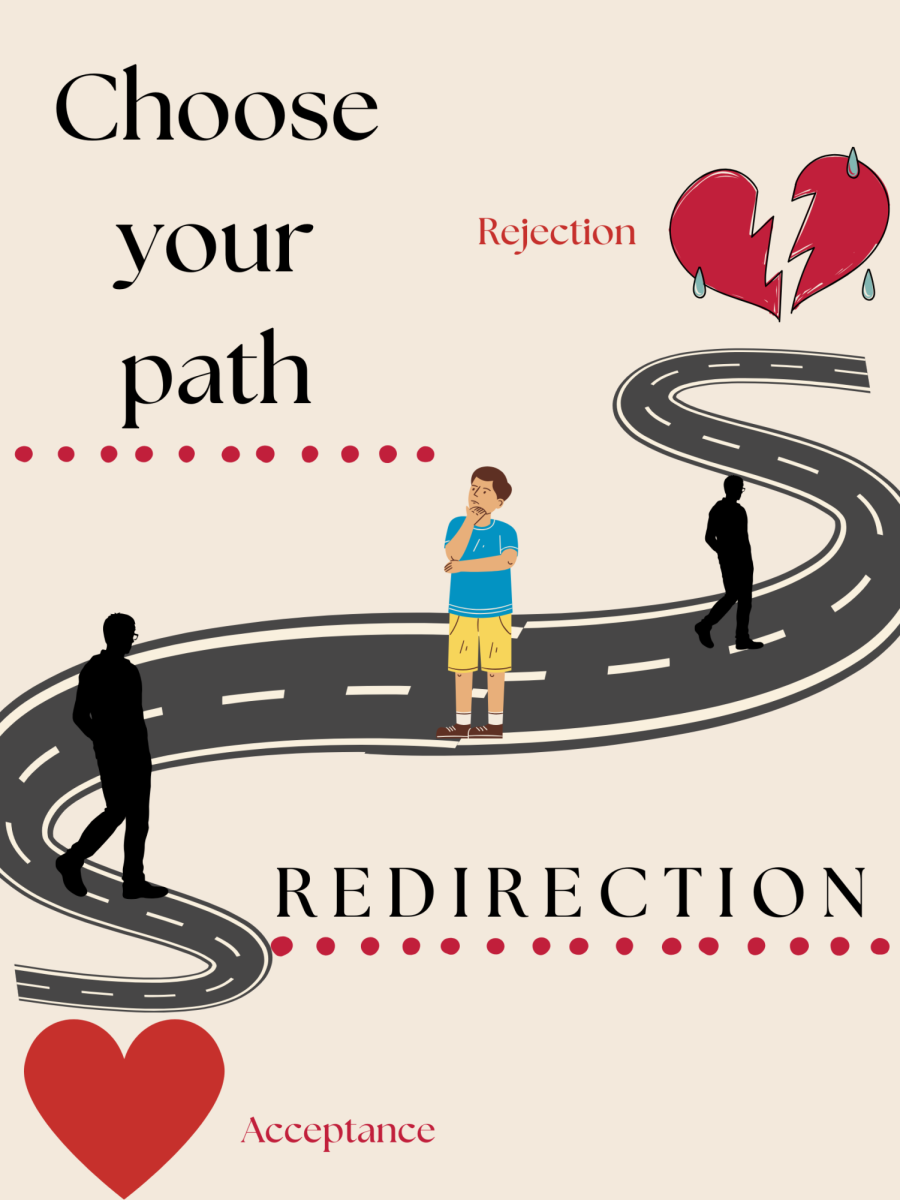Last week when I logged onto my laptop during lunch, scrolled to my ‘favorites’ bar and opened the Washington Post crossword, I was met with the most disappointing sight a mentally drained senior can imagine–a “page not found” icon. At first, I thought nothing of it, recalling many an issue with South’s WiFi throughout my four years here. I reloaded, hoping that simple fix would solve my problem, but to no avail.
It wasn’t until later that day I heard similar complaints from my friends, all hard-working students who had opened the crossword for a much-needed brain break and discovered it was unavailable. Then and only then did we come to the conclusion that our most treasured respite from an arduous day of school had been blocked.
The crossword is, at its core, an educational game. It sounds cliché, but it’s true. Clues span a wide range of topics, from literary references to clever wordplay to pattern identification. As someone who has enjoyed completing daily crossword puzzles for just a few months now, I’ve seen my times drastically improve as I develop strategies and expand both my vocabulary and cultural knowledge. Since any given clue can be interpreted a multitude of ways, crosswords are an excellent exercise in divergent thinking, a skill preached in AP Lang classrooms for having real-world applications.
In fact, crossword puzzles can actually serve as beneficial educational tools, according to a study published by the National Library of Medicine. The experiment found that students, on average, scored one point higher on their exam immediately after completing lessons involving crossword puzzles and two points higher on retests one month after completing crossword lessons. Though teachers do not necessarily need to incorporate crossword puzzles into their lessons, this study is just one example of how they can help education rather than hinder.
Beyond classroom benefits, crossword puzzles nurture social connections that are rooted in a love for learning, something South would be remiss to discourage. Over the last few months, a shared love for crosswords has brought me to conversations with peers I’d hardly known before. Together, we commiserate over the outlandish solutions, create friendly competitions over our times and even brainstorm out loud on particularly difficult clues. In doing so, I’ve encouraged many of my friends to play along and have helped build a network of curious, fun-loving students who share this common interest.
At the end of the day, crosswords foster a collaborative learning environment, a tradition that South prides itself on upholding. I encourage administration to reevaluate this ban, and to consider that perhaps, the pros outweigh the cons.

